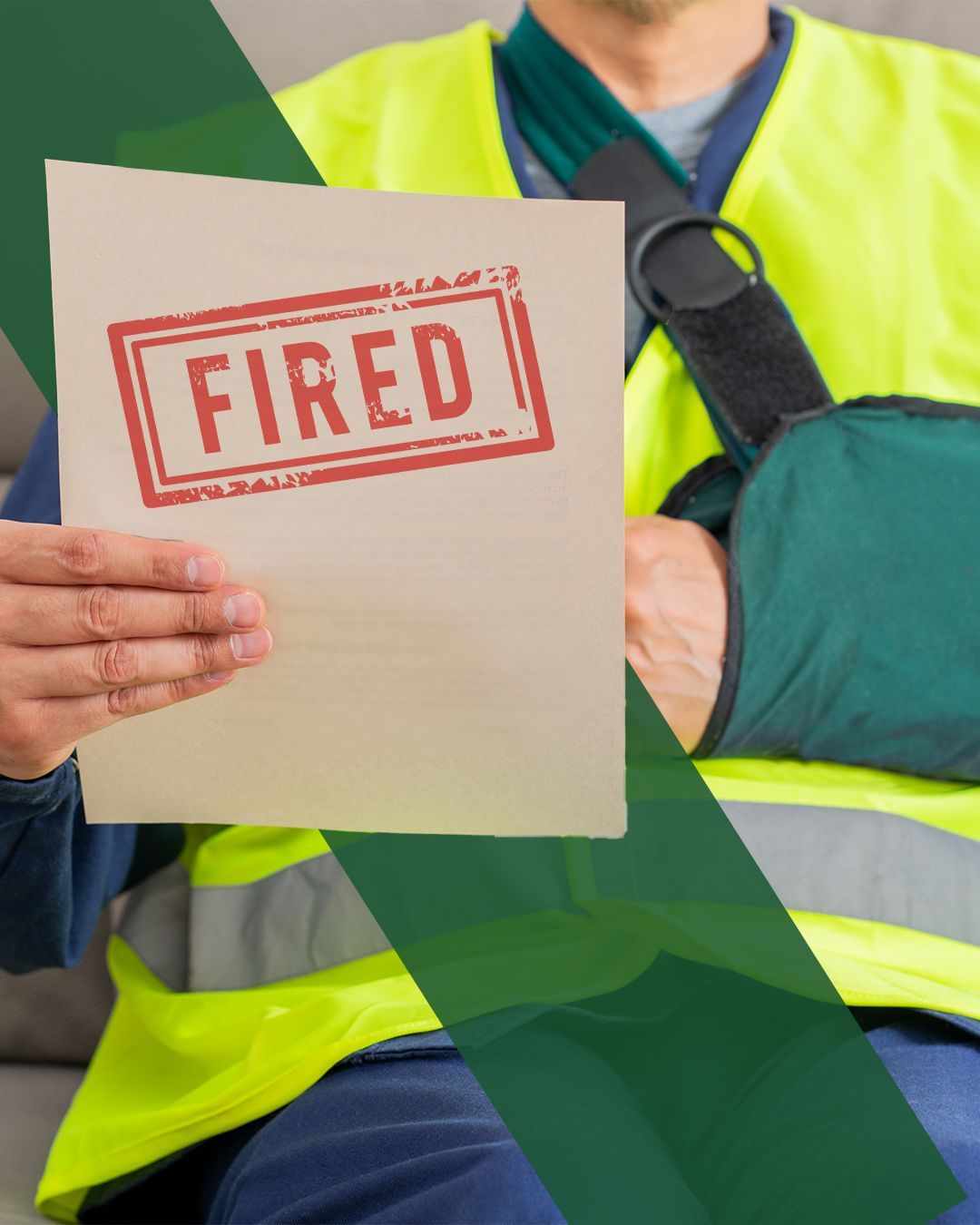Time Limits on Personal Injury Cases
Understanding Statutes of Limitations for Personal Injury Claims
Explanation of Statutes of Limitations
When it comes to navigating the legal landscape after a personal injury, understanding the concept of statutes of limitations is crucial. These laws set the maximum time after an event within which legal proceedings may be initiated. In the realm of personal injury, this time frame is typically between one to six years, depending on the jurisdiction. The legal purpose of these statutes is to ensure fairness and efficiency; evidence deteriorates over time, and it's deemed equitable for all parties involved to resolve disputes while the facts are still fresh. For those affected by personal injuries, it's essential to grasp these time limits to avoid missing the opportunity for legal recourse and compensation.
Variations by Jurisdiction
One cannot overstate the importance of recognizing that statutes of limitations are not a one-size-fits-all matter. These time limits can vary widely by state or country, making it imperative to consult local laws for specific limitations. In Hazleton, Pennsylvania, for instance, the statute of limitations for personal injury claims is generally set at two years. This variation underscores the need for individuals to seek local legal expertise promptly to ensure they understand the exact time frames applicable to their cases. Failing to adhere to these deadlines can result in the loss of the right to bring a claim to court, regardless of the claim's merits.
The Clock Starts Ticking: Trigger Events for Limitation Periods
Date of Injury or Discovery
The proverbial clock on your personal injury claim starts ticking from a critical moment known as the 'trigger event.' Typically, this is the date of the injury itself. However, the 'discovery rule' can sometimes apply, allowing the limitation period to begin from the moment the injury is discovered or should have been discovered with reasonable diligence. This rule acknowledges that some injuries or their consequences may not be immediately apparent. For example, in cases of latent injuries or illnesses that manifest over time, the discovery rule is a crucial consideration that can significantly affect the limitation period.
Exceptions to the Rule
While statutes of limitations serve to create a sense of urgency, there are notable exceptions that can extend or toll these deadlines. In Pennsylvania, for example, minors or those with certain disabilities may have the statute of limitations paused until they reach the age of majority or until the disability is lifted. These exceptions are designed to protect the rights of individuals who might otherwise be disadvantaged by the standard time limits. Understanding these nuances is vital, as they can have a profound impact on the ability to seek justice and compensation after a personal injury.
Types of Personal Injury Cases and Their Time Limits
Motor Vehicle Accidents
Motor vehicle accidents are among the most common types of personal injury cases, and they come with their own set of deadlines. In Hazleton, Pennsylvania, as in much of the state, the statute of limitations for filing a lawsuit after a car accident is generally two years from the date of the accident. This time limit is strict, and missing it can mean forfeiting your right to seek damages for injuries sustained. It's imperative for victims of car accidents to act swiftly, not only to comply with legal time frames but also to ensure that evidence remains intact and witness memories are fresh.
Medical Malpractice
Medical malpractice claims are particularly complex, often involving shorter and more stringent time limits due to the nature of the claim. In Pennsylvania, the statute of limitations for medical malpractice is typically two years, but it can be subject to the discovery rule, as patients may not immediately realize they have been harmed by a healthcare provider's negligence. Navigating these claims requires an acute understanding of both the medical and legal intricacies involved. Therefore, individuals suspecting medical malpractice should consult with a specialized attorney as soon as possible to ensure their claim is addressed within the appropriate legal time frame.
Product Liability
Product liability cases pertain to injuries caused by defective or dangerous products. These cases may involve different rules when it comes to statutes of limitations. In Pennsylvania, individuals generally have two years to file a claim, but the clock may start ticking either from the date of injury or the date when the injury was discovered or should have been discovered. This distinction is crucial, as it can affect the viability of a claim. Manufacturers and sellers of products have a duty to provide safe products to consumers, and when they fail to do so, it's important for victims to understand their rights and the time-sensitive nature of pursuing legal action.
Legal Actions and Tolling the Statute of Limitations
Filing a Lawsuit
The act of officially filing a lawsuit is more than just a formality; it's a critical step in preserving your right to seek compensation within the statute of limitations. This legal action signals to the courts that you are asserting your claim before the expiration of the legal deadline. In Hazleton, Pennsylvania, as soon as a lawsuit is filed, the statute of limitations is effectively stopped for that claim, ensuring that the case can proceed through the necessary legal channels. It's a pivotal moment that requires careful preparation and timing, often necessitating the guidance of an experienced personal injury attorney.
Tolling for Special Circumstances
There are circumstances under which the statute of limitations can be tolled, or paused, providing additional time to file a lawsuit. Such conditions may include the defendant leaving the state of Pennsylvania, which can make it difficult to serve them with legal papers. Other situations, such as the plaintiff being mentally incapacitated or the discovery of fraud, can also toll the statute. These special circumstances are recognized by the courts to ensure that justice is not impeded by technicalities. However, they are not to be assumed or taken for granted; legal advice is essential to determine if tolling applies to your specific situation.
Maximizing Your Claim Within the Time Limit
Seeking Legal Advice Early
One of the most proactive steps you can take after suffering a personal injury is to seek legal advice early. Consulting with a personal injury attorney, especially one familiar with Hazleton, Pennsylvania's laws, can provide clarity on the statute of limitations and help you navigate the complex legal process. An attorney can assist in evaluating the merits of your case, advising on the appropriate course of action, and ensuring that all necessary steps are taken well before the deadline. Early legal intervention can be the difference between a successful claim and one that is barred by the expiration of the statute of limitations.
Preparing Documentation and Evidence
Gathering and preserving evidence is a critical aspect of preparing for a personal injury claim. This process should begin as soon as possible after the injury occurs to ensure that documentation, such as medical records, witness statements, and any physical evidence, is collected while it's still available and reliable. In Hazleton, Pennsylvania, and beyond, the strength of your claim often hinges on the quality and completeness of your evidence. By diligently preparing your documentation and evidence, you give yourself the best chance of maximizing your claim within the time limits imposed by the statute of limitations.
If you or a loved one has experienced a personal injury in Hazleton, Pennsylvania, don't let the complexities of legal time limits deter you from seeking justice. At Slusser Law Firm, we understand the critical nature of statutes of limitations and are here to guide you through every step of your claim. Our experienced attorneys are committed to protecting your rights and ensuring that your case is filed in a timely and effective manner. Contact us at 1620 N Church Street, Hazle Township, PA, 18202, to schedule a consultation and take the first step towards securing the compensation you deserve.




